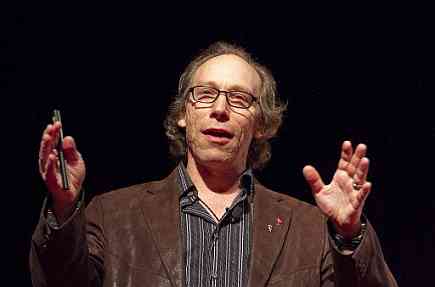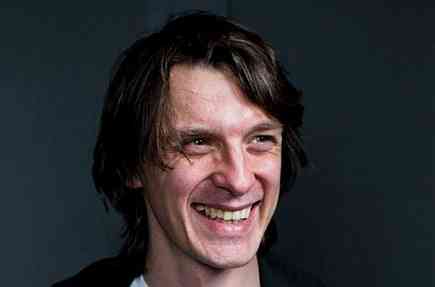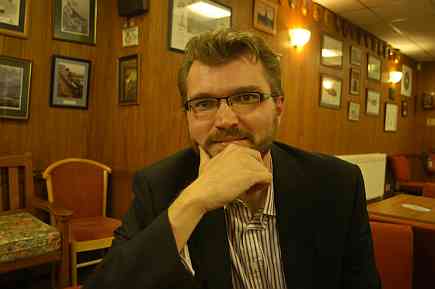
Lawrence Krauss
Director of the Origins Project at Arizona State University, professor Lawrence Krauss explains why on very small scales, for very short times, empty space can be a boiling bubbling brew of virtual particles and fields wildly fluctuating in magnitude and what that means for the existence of space itself.
Cosmology, particle physics, mathematics and theatrical performance all come together, as we try to make sense of some of the biggest questions of all by juggling what we know about the very smallest things. Lawrence Krauss explains why the seemingly empty space that takes up so much of the cosmos is full of measurable energy. Plus theatre director Alexander Devriendt on the reasons for telling the history of the universe backwards so that it ends in ... nothing, and slices of nothingness in mathematics with Ian Stewart: a glimpse of the near-magical world of infinitesimals.

Alexander Devriendt
Alexander Devriendt, artistic director and founder of the Belgian theatre group, Ontroerend Goed, is currently touring the play A History of Everything which begins in the present and goes backwards in time all the way to the Big Bang. He suggests that in order to make sense of our lives, we need to be reminded of the vastness of time and cosmic dimensions.
Click here to listen/download (18.7 MB / MP3)
Vlatko Vedral
Professor Vlatko Vedral is a quantum physicist at the universities of Oxford and Singapore who grapples with the behaviour of energy and matter at subatomic scales, and this has led him to ask some bigger questions including why are we here? And what does it all mean? The 39-year-old, originally from Belgrade, passionately believes units of information (not particles) are the building blocks of humanity and everything that surrounds us. Information, he maintains, is what came before everything else. It is akin to God.
Vedral has set out his argument in a new book, Decoding Reality: The Universe as Quantum Information (OUP), in which he explains faith, love and teleportation.
Click here to know more...